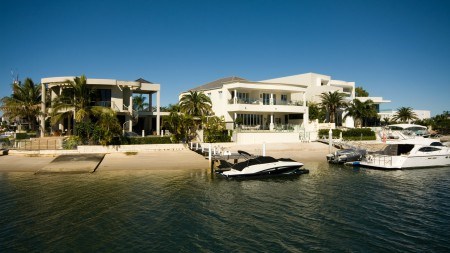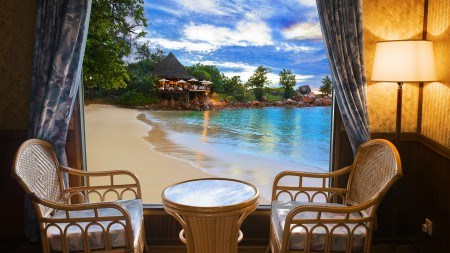Buying a place in the sun is a dream held by many. However, judging by a recent report by FNB on the state of holiday homes sales, this dream is going to remain out of the reach of many South Africans for the foreseeable future. Many holiday hotspots have recorded a drop in prices for holiday homes. However, it is fairly obvious that price is not the sole issue. Increases in rates, electricity and water as well as security concerns are all playing a major role and forcing potential buyers to rethink their decision.
The FNB Estate Agent survey confirms this. Back in early 2007, prior to the recession, the sample of agents surveyed estimated that five percent of home-buying was for holiday home purposes. In recent years, the percentage has varied between one and three percent of total buying. In the third-quarter survey of 2012, the percentage of buyers buying for holiday home purposes was estimated at two percent, unchanged from the previous quarter.
However, the survey reveals that the holiday buying market is faring slightly better than during the winter of last year, when only one percent of buying was believed to be for holiday purposes. This, of course, has had a devastating effect on small coastal towns, where the main source of income derives from tourism rather than commerce or industry. It stands to reason that house prices in these areas have dropped due to a lack of demand.
Justin Clarke, CEO of Privateproperty.co.za points out that many middle-class South Africans have had to tighten their belts and the idea of forking out for double rates, utilities and maintenance expenses and the uncertainty of being able to sell for a profit, in the short term in any event, have all placed a damper on this sector of the market. According to Clarke, potential buyers are also aware that many who invested at the height of the boom are now struggling to sell the properties for a profit, or even for the same price that they originally paid.
“The irony of the situation is that many indicators are generating the buying signal. Interest rates are the lowest that they have been in many years, prices have dropped significantly in some holiday areas and with an abundant range to choose from, buyers who are not in a rush to turn a quick profit should give serious consideration to investing in their dream.
The FNB report also indicates that after a very significant decline in real prices, we may be seeing some return to price stability.
Given the current state of the second home market, it may be wise for buyers looking for bargains to concentrate on areas that are somewhat off the beaten track. Areas that are reliant on tourism, away from major centres, and that are feeling the pinch in this market, in other words areas that are ideal holiday spots for getting away from it all.
As with any property investment, a holiday home should not be considered a short-term investment, says Clark. “Consider the benefits: whatever the cost in terms of additional expenses, your future holidays are free and this is an asset that can be passed on to future generations.”




